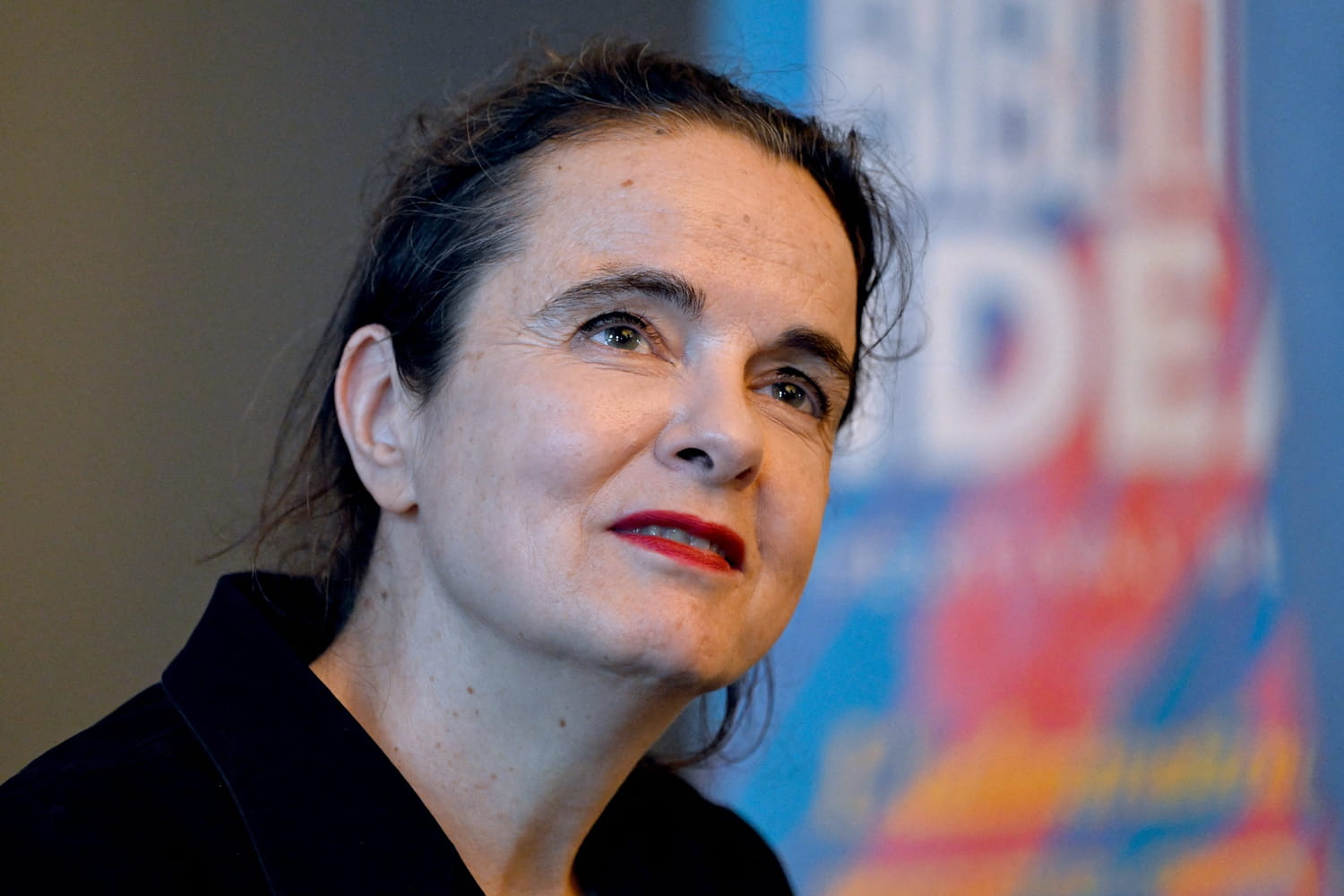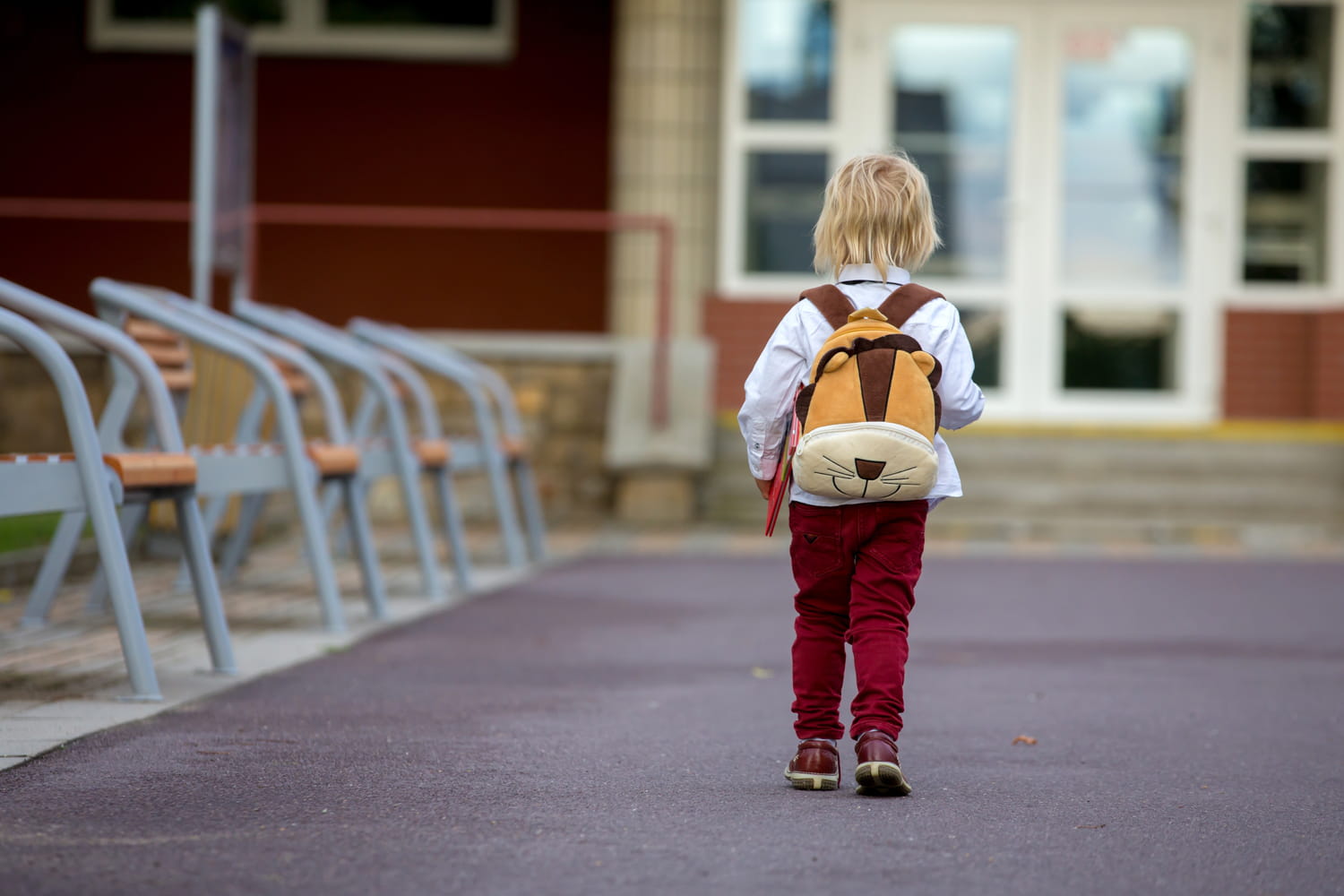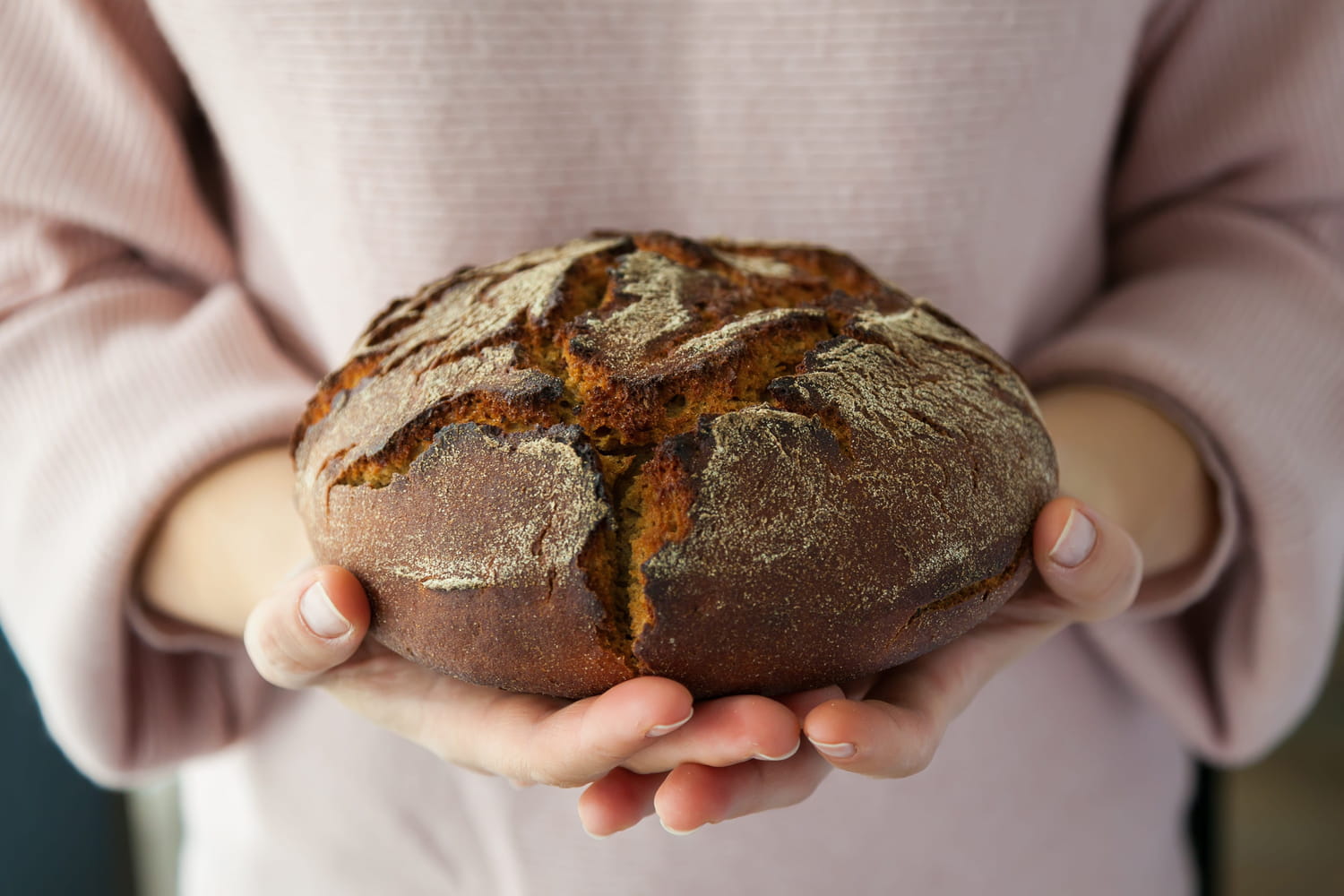Each year, on the return from the holidays, the messages are repeated: it would be necessary to “prepare the children for the start of the school year”, as if it were a sprint to succeed, a mountain to climb. An expert reveals how to overthrow the situation and go back to school for a joyful moment.
We anticipate, we organize, we psychote. In many homes, August is turned into a battle plan. You have to put the schedules in order, choose the right satchel, restart the activity notebooks. In the background, this persistent idea: if you do not do it seriously, the start of the school year will be difficult. The children will cry, feel lost, drop out. So, every summer, the same scenario is replayed. We chain them “You will see, it’s great “THE “Are you ready for the big day?“and others”We will have to get back to work“. All with the best intentions in the world, of course. But by dint of loading the stress and projections event, we end up sticking a formidable moment label. As if September marked the end of carelessness and the beginning of a tunnel.
This look at the start of the school year is not neutral. It acts directly on the way children experience this passage. For Hélène Decat, trainer, parental coach and creator of the Instagram account Awakening & Conscience TRAININGthis anxiety -provoking framework is often useless. In one of her publications, she questions the very idea that the start of the school year would be a difficult course for the youngest. “Back to school is not a challenge to be won. It is a transition. A daily stage. The more you soothe the atmosphere around, the more the child adapts to it.” Everything is there: in the posture of adults, in the climate they create around this moment. No need to make a drama or a founding event.
Indeed, for children, the start of the school year is only a restart. Not a test, but a new rhythm to resume. Not a test, but continuity. The problem is not the classes or the friends found. The problem is the tension you install before you even be there. When adults are agitated, children observe. They absorb this nervousness, even if no one tells them that there is something to worry about. So yes, certain reactions (crying, reluctance, fatigue) may appear. But they are not signs of weakness. These are normal responses to a too busy climate. Basically, the main thing is not played in the preparation upstream, but in the way the child feels his environment. If he perceives relaxed adults around him, he will be more confident.
Clearly, according to Hélène Decat, it is better to remain centered on what the child knows: “Rather than talking to him about satchels and objectives, tell him about what he already knows: friends, rituals, what he likes to learn. And above all, show him that you are there, stable, available”, she advocates. So no, back to school is not an event. Provided that parents remain available and address the subjects that particularly interest their children when September arrived. It is this ability to embody a reassuring framework that makes all the difference.








